When Phantasm first hit theaters in 1979, it shook the horror genre to its core. A film born out of creativity, determination, and sheer passion, this low-budget masterpiece became an unforgettable piece of cinematic history. Its sinister Tall Man, creepy chrome spheres, and dreamlike storytelling left a lasting impression on fans and filmmakers alike. Let’s dive deep into the origins, evolution, and enduring impact of this horror classic.
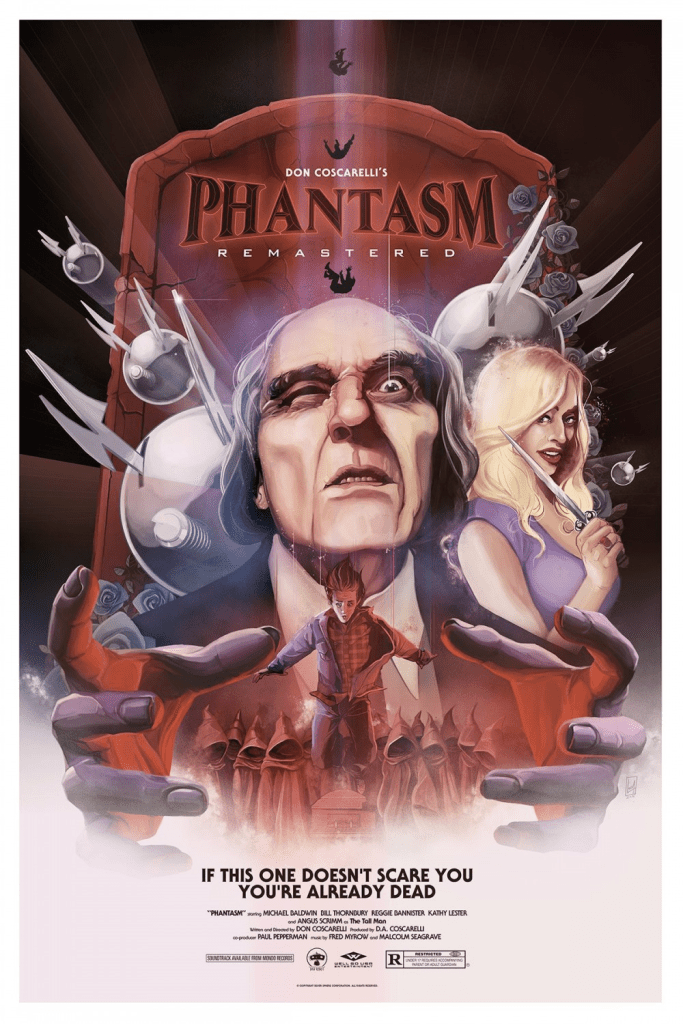
The Birth of a Horror Icon
The roots of Phantasm trace back to 1977, when filmmaker Don Coscarelli secluded himself in a remote cabin to pen the script. Inspired by his own nightmares and a desire to push the boundaries of surrealism, he envisioned a chilling story where reality and dreams intertwined.
The result was a tale centered on young Mike Pearson, who stumbles upon the terrifying secrets of the Tall Man, an enigmatic figure who manipulates death and dimensions. With a tight-knit team—including Angus Scrimm (Tall Man), Michael Baldwin (Mike), and Reggie Bannister (Reggie)—Coscarelli began production in Southern California on a shoestring budget.
Despite its limitations, the movie’s haunting atmosphere, innovative effects, and unforgettable imagery laid the foundation for what would become a cult phenomenon.
1979: Phantasm Enters the Spotlight
Released to modest expectations, Phantasm defied the odds. Its unsettling mix of horror and science fiction captivated audiences, earning it critical acclaim and a fervent following. The eerie soundtrack, combined with surreal visuals and the Tall Man’s chilling one-liner, “Boy!”, gave the film an identity like no other.
Its success at the box office was remarkable—grossing millions worldwide on a tiny budget. Beyond the United States, Phantasm found devoted fans in countries like the UK, Germany, France, and Japan, cementing its place as an international sensation.
The 1980s: Cult Status Secured
By the 1980s, Phantasm had grown into more than just a film; it was a cultural touchstone for horror enthusiasts. Home video and cable broadcasts introduced the film to a wider audience, and demand for a sequel grew louder.
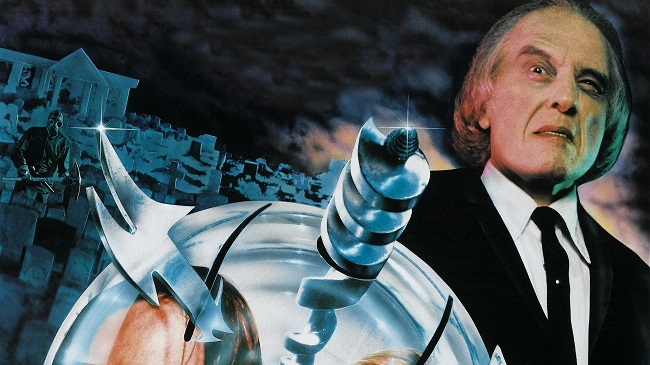
Finally, in 1988, nearly a decade after the original, Phantasm II arrived. Backed by Universal Pictures and a larger budget, the sequel expanded the story’s mythology while retaining the unsettling atmosphere of the original. Fans welcomed the return of Mike and Reggie, while new audiences were drawn to the franchise’s unique blend of action and horror.
Expanding the Phantasm Universe
The 1990s marked a period of growth for the franchise, with two more sequels—Phantasm III: Lord of the Dead (1994) and Phantasm: Oblivion (1998). These films delved deeper into the enigmatic world of the Tall Man, exploring new dimensions and introducing memorable characters like Rocky and Tim.
Despite working with smaller budgets, Don Coscarelli’s inventive storytelling and commitment to practical effects kept the franchise fresh and engaging. Meanwhile, Angus Scrimm’s portrayal of the Tall Man garnered widespread recognition, solidifying him as one of horror’s most iconic villains.
The Internet Era: Keeping the Spirit Alive
In 1995, Phantasm embraced the digital age by launching an official website. This online hub allowed fans to connect directly with the creators and access exclusive content. At a time when fan engagement was still a novel concept, the franchise leveraged the internet to maintain its relevance and build an even more devoted community.
Collector’s editions and home media releases also played a significant role in keeping the series alive. The introduction of Phantasm on DVD in 1999 revitalized interest in the original film, ensuring it reached new generations of horror enthusiasts.
The 2000s: Challenges and Comebacks
The early 2000s saw ambitious plans for a fifth installment, tentatively titled Phantasm 1999 A.D. Despite involvement from high-profile figures like Quentin Tarantino and Bruce Campbell, the project never materialized due to development issues. Yet, the franchise remained a fan favorite, with screenings and conventions keeping its legacy alive.
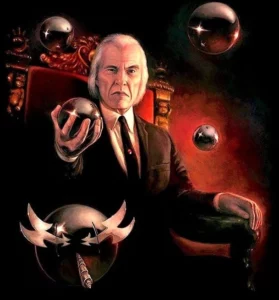
The release of Phantasm: Remastered in 2016, spearheaded by J.J. Abrams’ Bad Robot Productions, introduced the original film to modern audiences in stunning 4K quality. The meticulous restoration highlighted the timeless appeal of the story and its innovative visuals.
A Final Chapter: Phantasm: Ravager
After years of anticipation, the fifth and final film, Phantasm: Ravager, premiered in 2016. Directed by David Hartman and produced independently, it brought the series full circle. Fans were treated to a bittersweet farewell that honored the franchise’s roots while embracing its evolution.
The release also served as a tribute to Angus Scrimm, who passed away earlier that year. His portrayal of the Tall Man remains one of horror cinema’s most enduring legacies, and his influence is felt throughout Phantasm: Ravager.
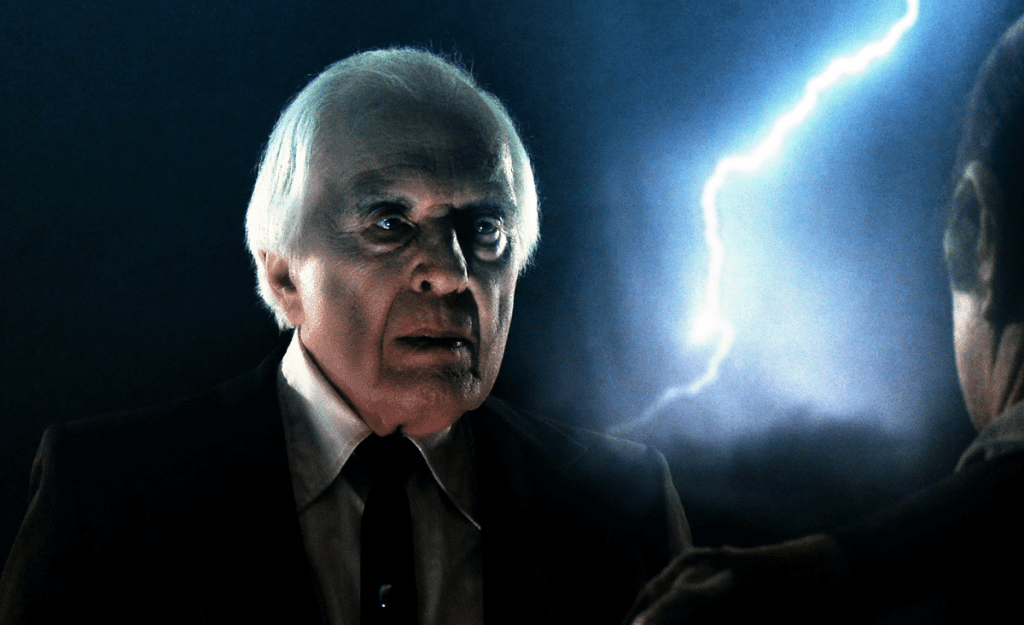
The Enduring Legacy of Phantasm
Even decades after its debut, Phantasm continues to captivate audiences. Its dreamlike storytelling, memorable characters, and inventive effects have inspired countless filmmakers and left an indelible mark on the horror genre.
Fans celebrate the franchise through conventions, special screenings, and collectible merchandise like the Sphere Collection. Meanwhile, new viewers are drawn into its eerie world, ensuring the Tall Man’s ominous presence endures for generations to come.
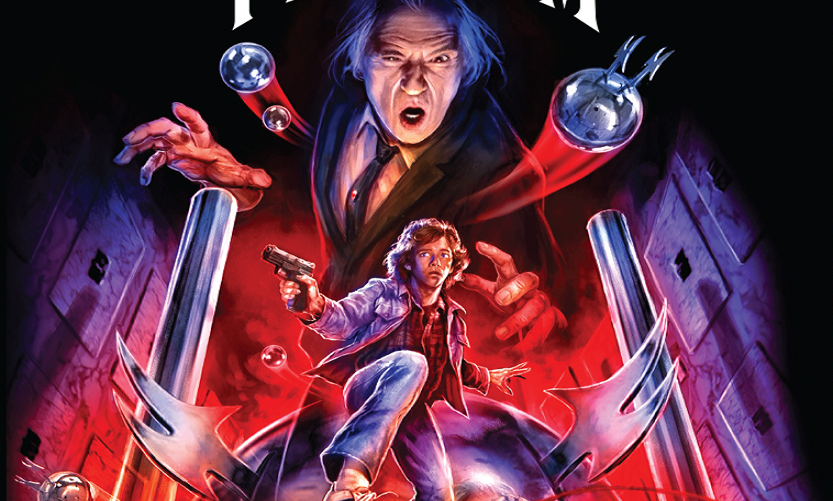
Conclusion: A Timeless Tale of Creativity and Dedication
Phantasm isn’t just a movie series—it’s a testament to the power of imagination and independent filmmaking. From its humble beginnings in a secluded cabin to its status as a global phenomenon, the franchise has transcended time and trends. Whether you’re a longtime fan or a curious newcomer, the haunting allure of Phantasm is impossible to resist. As the Tall Man himself ominously declared: “It’s never over!”


